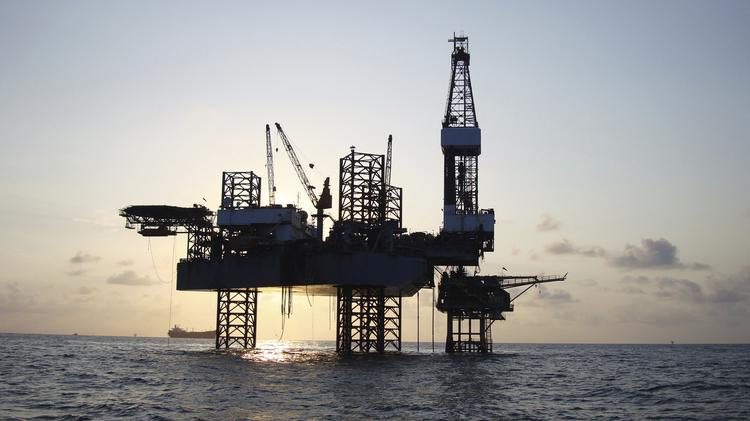April 2016, Vol. 243, No. 4
Features
Global Deepwater Pipeline Installation Feeling Effects of Delays

Quest Offshore’s subsea and deepwater outlook expects world deepwater pipeline demand to decrease in 2016 and 2017 due to the delay of startups as operators conserve cash flow and try to lower development costs. West Nile Delta, Shah Deniz Phase 2, Bardegg 2, Baronia EOR and Rota 3 Pipeline installations are the contributors to the significant increase in the 20-24-inch category for 2016.
The North Sea is expected to see a dip in installation activity through 2017 before recovering in 2018. Statoil’s Johan Sverdrup project will contribute to the recovery in 2018 and recently awarded marine contractors Saipem, Technip and Ocean Installer sections of the SURF package. The contributors of the significant increase in the 25+ category for the latter part of the forecast is the Nord Stream 2 project and the oil export for the Johan Sverdrup project.
The Africa/Mediterranean and Asia Pacific regions are poised to account for 56% of global pipeline installation through 2021. The drastic decrease in pipeline kilometers for the Africa/Mediterranean region is due to Moscow suspending the Turk Stream gas pipeline project in response to Turkey shooting down a Russian jetfighter. Gazprom terminated Saipem’s $2.6 billion contract to build a section of the proposed Turkish Stream pipeline beneath the Black Sea.
Saipem had a vessel onsite preparing to lay sections when the contract was canceled and is now suing Gazprom, seeking 759 million euros from South Stream Transport. Negotiations have been suspended.
The Gulf of Mexico region expected to see a lull in installation activity for 2016-18 before picking up in 2019. This is a result of the depressed overall market as well as cyclicality in the region due to the installation of large exports for new hubs in undeveloped areas.
South American pipeline installation is expected to account for 66% of global flexible flowline installations from 2016-21. The region’s importance to flexible flowline demand is evidenced by significant local manufacturing capacity additions. Questions about the ability of Petrobras to execute projects will have an outsized effect on flexible flowlines demand compared to other sectors.
The global pipeline forecast for 2016-21 has decreased 6% from the previous forecast due to the continuous delay of projects that have had their startup schedules pushed further into the forecast years as operators struggle under current market conditions.





Comments